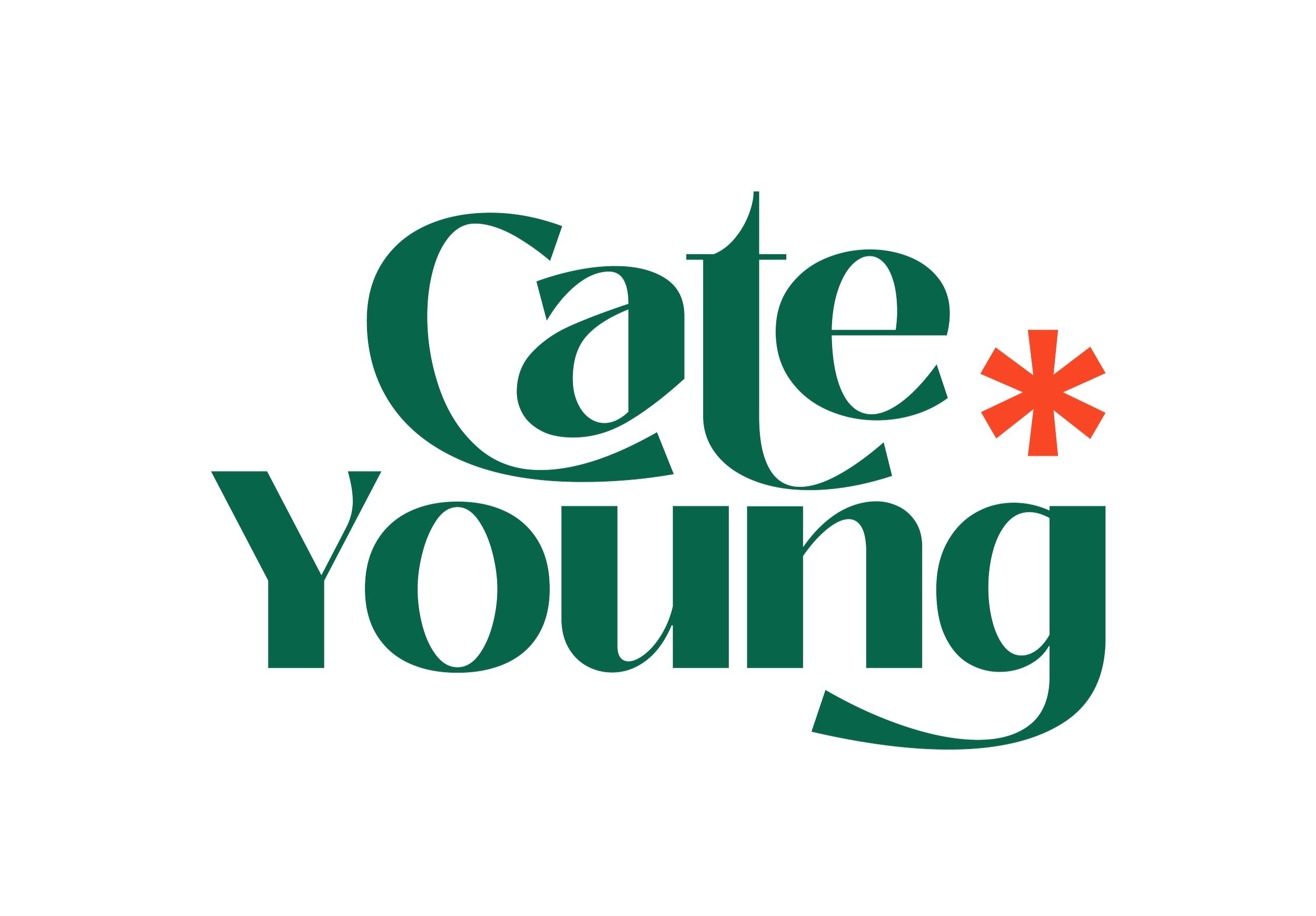Exploring Supergirl's Flimsy Feminism
You might not have heard, but Supergirl is all about girl power. Kara Danvers is a girl and her best friend and sister Alex Danvers is a girl. Her romantic rival is Lucy Lane who is a girl and they both work at CatCo. for Cat Grant who is also proudly a girl who built a media empire. In her free time, Kara is Supergirl and many of her foes are girls. In National City, girls are everywhere.
Supergirl as an avatar for 2016 feminism exists largely at a very superficial level that mostly works. The show is bright and sunny and endearing and consciously aware that it in addition to a bunch of cynical (mostly male) television critics, it also has an audience of very young girls. The girl power message is overt and highly unsubtle, but it works when one considers that girls as young as eight aren't necessarily ready for critical feminist theory just yet. Supergirl presents complex ideas about identity and womanhood and how they interact in the larger world in a way that is digestible to young viewers, and I think that's a net benefit.
The only problem? All the girls are white.
There's the argument to be made that since Supergirl's feminism is actively very surface level, it can't be expected to delve too deeply into issues of intersectionality and white privilege. However, even surface level affirmations have something of value to offer. Simple lessons about not being afraid to assert yourself in a workplace, dealing with female jealousy or not feeling obligated to reciprocate a romance you don't feel, may be minor things in the grander scheme of the feminist movement, but they are still essential parts of it. They are still ideas that we want young women to internalize. By rendering women of colour largely invisible in Supergirl's universe, we deny young girls of colour access even to that.
Platitudes have their place. They serve to break things down in a way that's easy to understand and usher us into to larger, more complex ideas. If this show serves as a primer for feminists in the making, that would be an amazing thing. But its glaring omission of women of colour characters risks telling young women that the movement is only for the white girls and reinforcing the racial divide in feminism for a new generation. When we erase girls of colour even from these simple stories, we tell them that they do not have a place in narratives of empowerment, and that can have a devastating cumulative effect on a generation.
It doesn't help that Supergirl is incredibly clumsy when it does slink around issues of race. The only two main characters of colour are black men: head of the DEO, Hank Henshaw, and presumptive love interest James Olsen. Hank is often portrayed as a direct threat to Kara's autonomy and (until the introduction of the current villain Maxwell Lord) was usually the character most likely to suggest that Kara was incapable of achieving her stated goals. The current storyline involves Hank taking the blame for killing Kara's aunt, an act in fact committed by her sister Alex. This positions Hank, a large and substantial black male character as the antagonist to a much smaller white female character. It also requires that he bear the burden of something that another white female character has done without any awareness of the historical context of this particular racial dynamic. Hanks is both opponent and scapegoat for white female characters at his own expense, a theme that was also rampant in last year's Jessica Jones.
Jimmy's blackness is rarely acknowledged, but when it is, it's as an addendum to what Kara is dealing with. When Kara is struggling with controlling her anger, Jimmy notes that black men are rarely encouraged or allowed to express anger either. No acknowledgement is made of the fact that much of the historical fear of black men is in service of the protection of white women in that scene or any other. In a later episode, Jimmy, burdened by journalistic responsibility, argues that recently captured villain Max Lord shouldn't be detained unlawfully at the DEO and deserves due process just like everyone else. Kara is furious and argues that because Lord has tried to kill her, he is evil and dangerous and does not deserve additional consideration. In the current political climate, where even half hour comedies are compelled to invoke #blacklivesmatter because not doing so would be to willfully ignore current events, not lending more weight to a black man arguing against at-will detention while a white woman argues in favour of it seems like a missed opportunity.
It would be silly to expect Supergirl to be everything to everyone. Politics aside, the show exists as a money-making enterprise and is unlikely to ever fully cover every feminist issue of our time. But even meta-narratives about who is allowed to be part of the story matter over time, and in 2016, creating a universe that is fueled by girl power in which girls of colour simply do not exist is a conscious choice to reinforce the status quo.
There is very little subtext in Supergirl. Meaning-making is done explicitly and out in the open. What then are we to make of the apparent extinction of women of colour?
